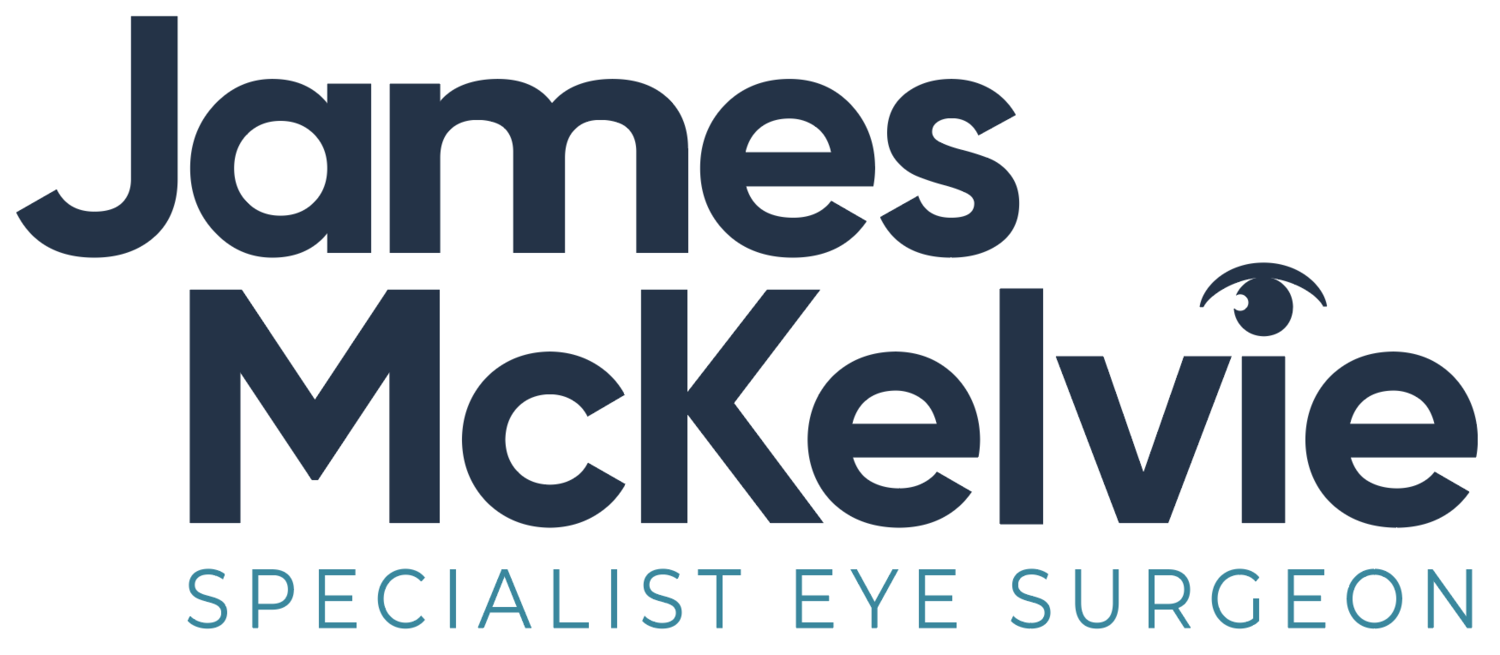Vision correction with Implanted Collamer Lenses
What is an ICL and how does it correct vision?
Vision correction surgery with an Implanted Collamer Lens (ICL) is a reversible procedure that can treat myopia (nearsightedness), hyperopia (longsightedness), astigmatism and presbyopia (reduced near vision without glasses). The Collamer lens material used to create an ICL is biocompatible and designed to function in harmony with your eyes. ICL surgery is suitable for people with refractive error causing poor vision under the age of 65.
What vision problems can be treated with ICLs?
Nearsightedness (myopia) from -0.5D to -18D with or without astigmatism up to 6.0D
Longsightedness (hyperopia) from +0.5D to +10D with or without astigmatism up to 6.0D
Presbyopia (deteriorating near vision without glasses in people over the age of 45)
An ICL works with the eye to correct vision. Unlike a contact lens that sits on the surface of the eye, an ICL is positioned inside the eye between the iris (coloured part of the eye) and the natural crystalline lens. The ICL is transparent, soft and flexible and measures approximately 1mm in thickness. Once implanted, you will not be able to feel or see the ICL and will simply notice clear and natural vision. The ICL is not visible to other people after implantation. The ICL is designed to be a permanent implant, however, if your vision changes dramatically in the future the ICL can be safely and easily removed.
A safe, reversible, alternative to laser vision correction for people under 65
ICL surgery offers several advantages over laser vision correction or other forms of vision correction including:
Designed as a permanent but reversible procedure
Does not induce dry eye syndrome (a common problem after laser vision correction that can be severe and prolonged in a small minority of patients)
Excellent night vision. Laser vision correction can be associated with decreased night vision, halo and glare - this is not the case for ICL surgery.
Ideal for people with thin corneas who are at risk of poor outcomes with laser vision correction
UV protection is built into the biocompatible ICL
Treats mild to severe refractive error
Can restore natural near, distance, and intermediate vision in people over 45 who have presbyopia (gradual deterioration of near vision without glasses).
Excellent night vision
Rewind your vision to ‘see young’ again!
Presbyopia correcting ICLs can correct refractive error and restore near vision in people over the age of 45. This can be an excellent solution for people who wish to get rid of their reading glasses and enjoy young vision again. These ICLs correct near, intermediate and distance vision. Like all ICLs, these Implaned Collamer Lenses are designed to be permanent but can be easily removed in the future if required.
What to expect at your ICL surgery
ICL surgery is quick and painless. The no-needle surgery is completed under a local anaesthetic using numbing eye drops and takes around 15m per eye. Surgery can be completed for both eyes on the same day. After your surgery you will need to wait for approximately 2h for a final check before you can go home. Vision usually improves within 1-2days. You will provided with eye drops following surgery to help ensure a rapid and trouble-free recovery. You will need someone to drive you home on the day of surgery as it will not be safe to drive yourself.
How safe is ICL surgery?
ICL surgery has a long track record of safety and reliable results. ICL implantation surgery has been available since 1997 in Europe and 2005 in the USA. There have been over 2 million ICLs implanted worldwide and the satisfaction rate is over 99%.
All surgery has risks including ICL surgery. Thankfully major risks with ICL surgery are very rare. Any questions you may have and a summary of the risks and benefits of ICL surgery will be discussed at your appointment.
How do I find out if ICL surgery is a good option for me?
You can book an appointment now for a comprehensive assessment and discussion of the best options to correct your vision including ICL surgery. If you have seen an optometrist in the last 4y then it can be helpful if you ask them to provide a summary report of your vision and refraction at your past visits. This refractive history can be helpful to guide decisions about the best vision correction options for you.
Summary
ICL surgery can provide correction of refractive error and presbyopia and is suitable for may people under the age of 65 who wish to be free of glasses. There are several other surgical options for correction of vision that may be suitable if ICL surgery is not appropriate for you. Please do not hesitate to get in touch if you have any questions or need an appointment for surgery.
You can book an appointment online or call on ☎ 0800 CATARACT (0800 228 27 228). If you need an appointment to discuss cataract surgery please get in touch and we will do our best to arrange an appointment within the next 1-2 weeks.
For any other questions please feel free to email info@jamesandeye.co.nz







